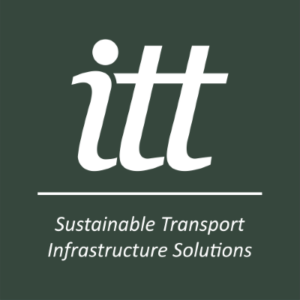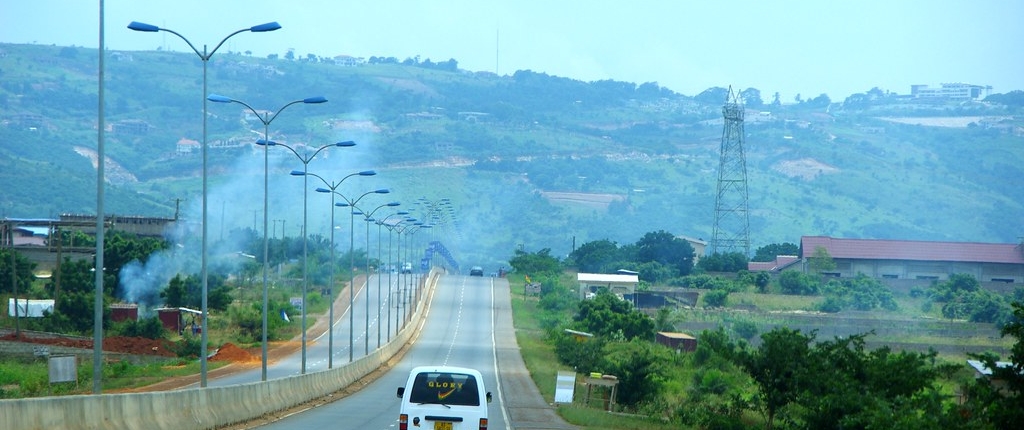World Bank Ghana Highway Authority Diagnostic Study
ITT, in association with Ablin Consult Engineers & Planners Ltd of Ghana, recently delivered a Diagnostic Study for Transforming the Ghana Highway Authority (GHA) for the Ministry of Roads and Highways (MRH), Ghana Highways Authority (GHA), and the World Bank Group.
More....
During the implementation of the study, a wide range of aspects related to the GHA service delivery were covered including policy, institutional, best practice, legal, organisational, and governance, financial performance, technical systems and processes, human resources, and performance management. The main outputs were a Diagnostic Study Report and a Reform Strategy.
In the Diagnostic Study Report (DSR), we provided a detailed analysis and assessment of and gave recommendations for improvement of the GHA service delivery. In addition, we demonstrated that, at the time, the Ghana trunk road network was in crisis. Although the focus was on GHA itself, the analysis and assessment revealed that much wider external issues outside the control of GHA were fundamentally impacting GHA’s service delivery and its performance. As a result, we established that chronic underfunding, with associated high levels of overdue payments to contractors, and continued external interference in GHA were the two main reasons causing what was then the critical situation.
In the Reform Strategy, we provided clear objectives and action plans for reform, together with assigned responsibilities and estimated costs. These were targeted at the internal shortcomings of GHA and the environment within which it operated. The storyline was logically developed as a series of position statements, in the form of “whereas good practice is…” or “whereas it has been found that GHA…”, from the higher, overarching external institutional and legal sub-sector environment, in which GHA operated, down to the more detailed internal systems in GHA itself. As regards to the actions, categorised as a quick win, medium-term, and long-term based on their timeframe. Quick win” actions were to be executed by GHA, with limited or no additional resources but probably requiring some revenue from Internally Generated Funds, and for which no external approval is required. These could probably be done in a year. Medium-term actions included policy, legal and organisational changes, that would take two years or more to achieve. Long-term actions were more fundamental in nature and required more time to implement, with results expected beyond 3 years.
Below is a summary of quick win, medium-term, and long-term actions that were included in the reform strategy:

It was concluded that the extent and negative impact of existing external factors meant that interventions targeted only internally within the GHA would have a limited impact overall. Furthermore, the predictions were dire for the economy in Ghana if substantial change was not made quickly to the funding and institutional arrangements of the roads sub-sector.
Despite the notably short 5-month project duration, the study was successfully completed to the satisfaction of all the key stakeholders.





